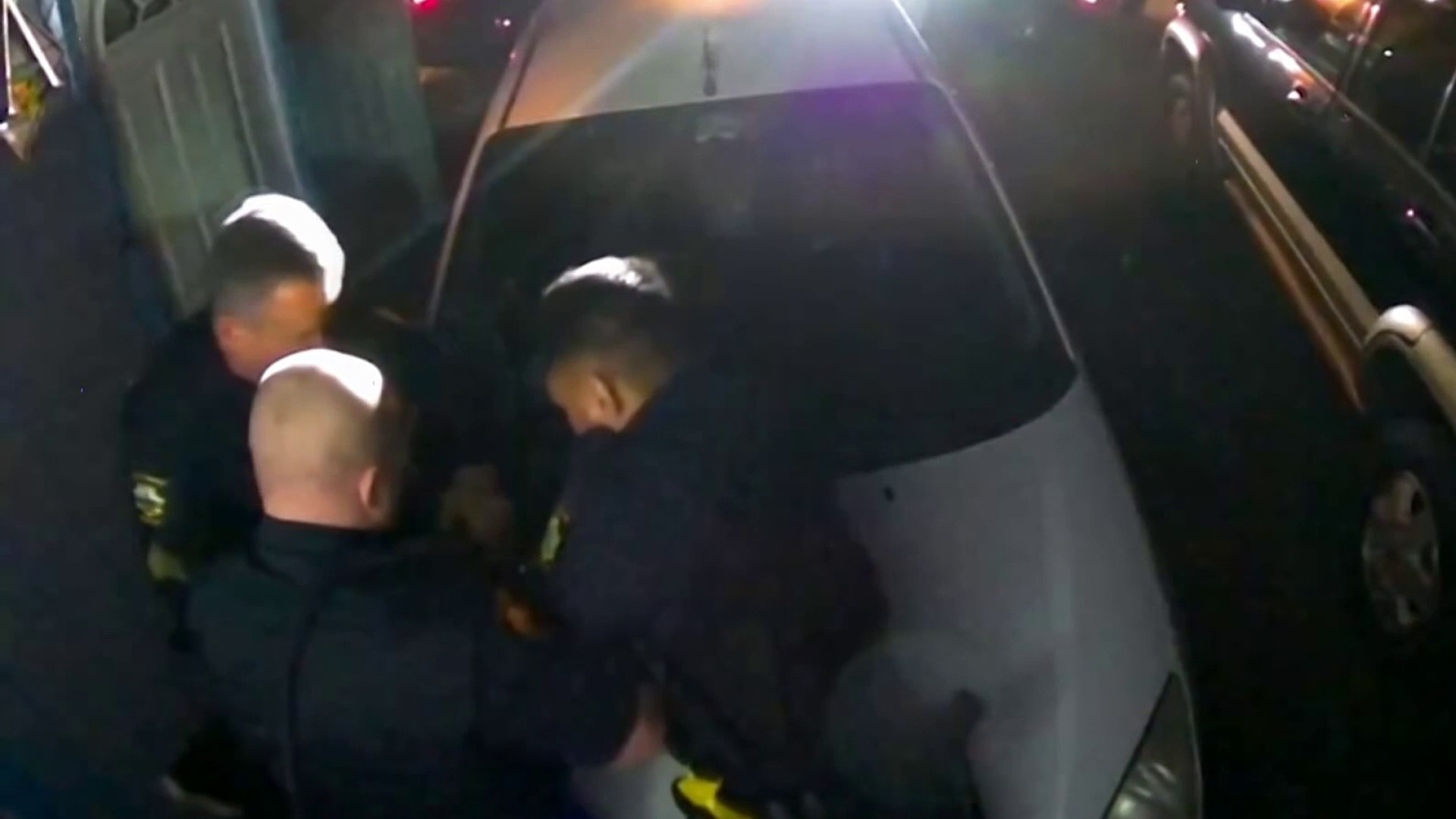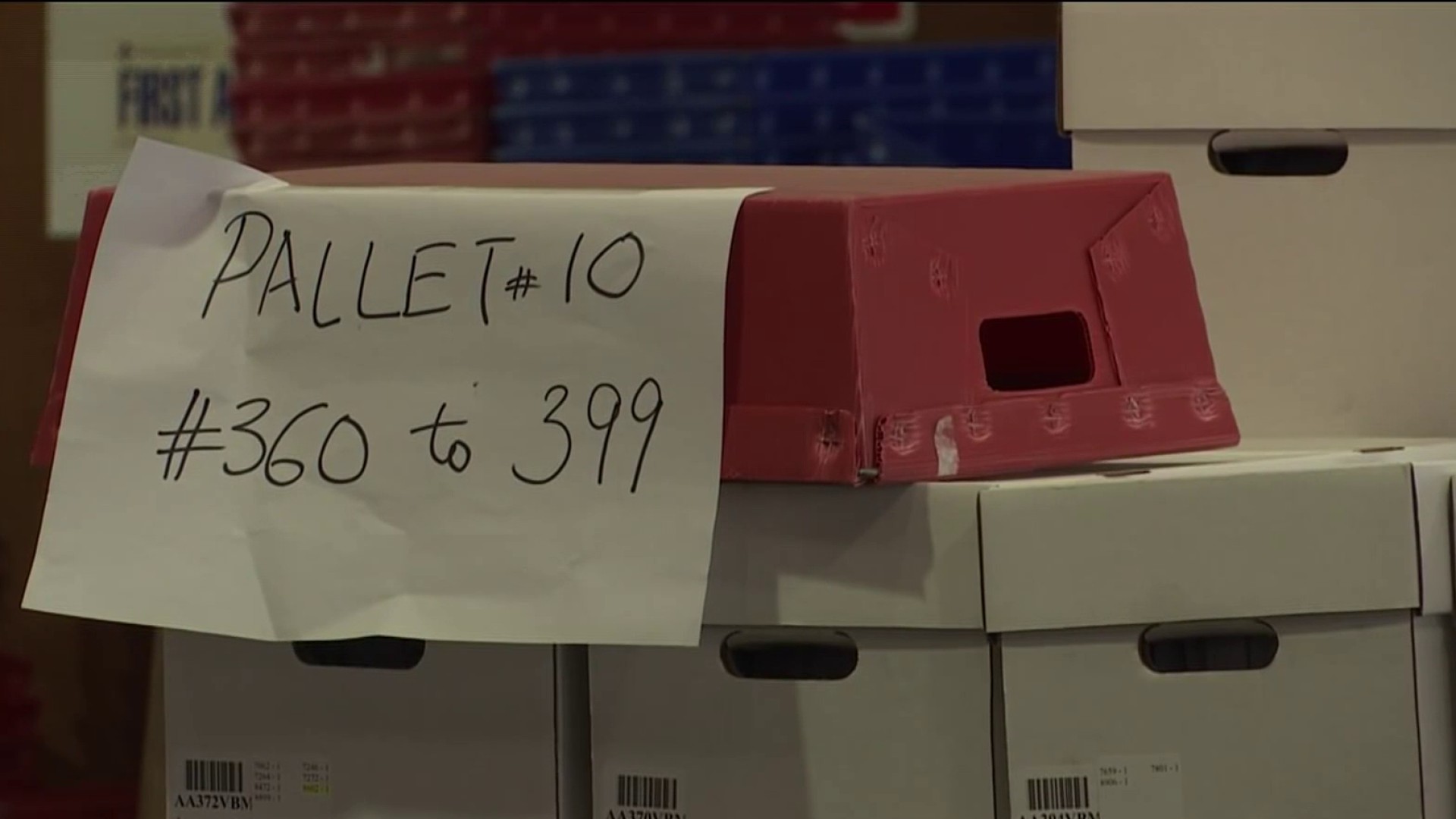Recovering from COVID-19 means you beat a life-threatening disease. But health experts estimate that as many as 8.4 million Americans survived, but haven't really recovered -- dealing with lingering symptoms months after getting infected.
Rick St. John isn’t back to his old self and he first got coronavirus a year ago.
“It’s been a long journey,” he said. “The symptoms that I have that remain are more nausea, headaches, some fatigue, mostly.”
He falls into a category of patients called “post-COVID long-haulers.”
Get a weekly recap of the latest San Francisco Bay Area housing news. Sign up for NBC Bay Area’s Housing Deconstructed newsletter.
St. John says he’s been working with a network of Bay Area doctors and participating in clinical trials studying long-haulers and how to help them.
Dr. Aruna Subramanian is leading one of those trials at Stanford that studied 118 patients.
“In our study, 66% of people, even with mild COVID-19, still reported either some fatigue or shortness of breath or cough or loss of smell at four months,” she said. “And in the people who had been hospitalized, over 80% still had some symptoms.”
Local
According to the results of that study, the most common, persistent symptoms are fatigue, loss of taste and smell, difficulty breathing and joint or muscle pain.
Subramanian says the good news is that the majority of patients do eventually get better. She explains that COVID-19 is a new virus and it’s still too early to say why some people are sick longer.
For now, doctors are targeting treatments to a patient’s specific symptoms.
“If people continue to have shortness of breath or their pulmonary function isn’t completely normal, we may give them inhalers, if they’re having trouble sleeping, we can help with things like that,” said Subramanian.
As for St. John, he’s still hoping for a full recovery.
“I think it’s important to have a mental state where you’re pushing yourself towards full recovery,” he said. “But I don’t know when that’s going to happen. It’s obviously been a long time now.”



